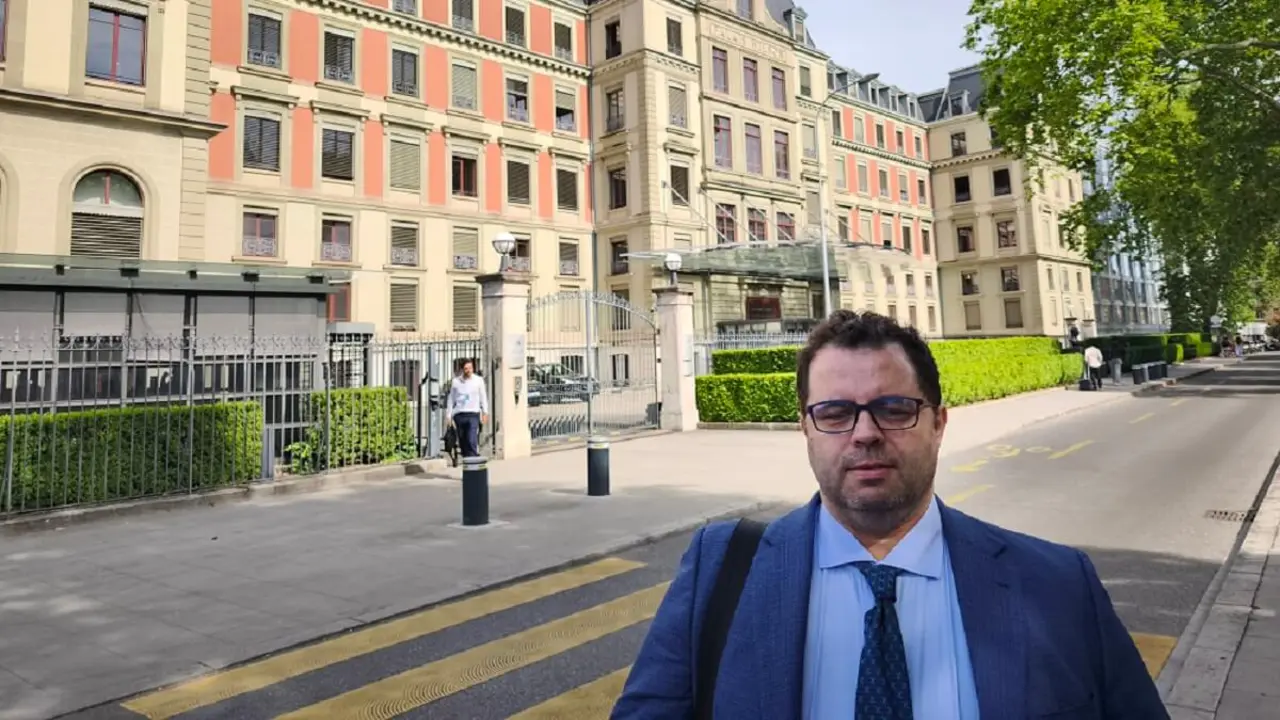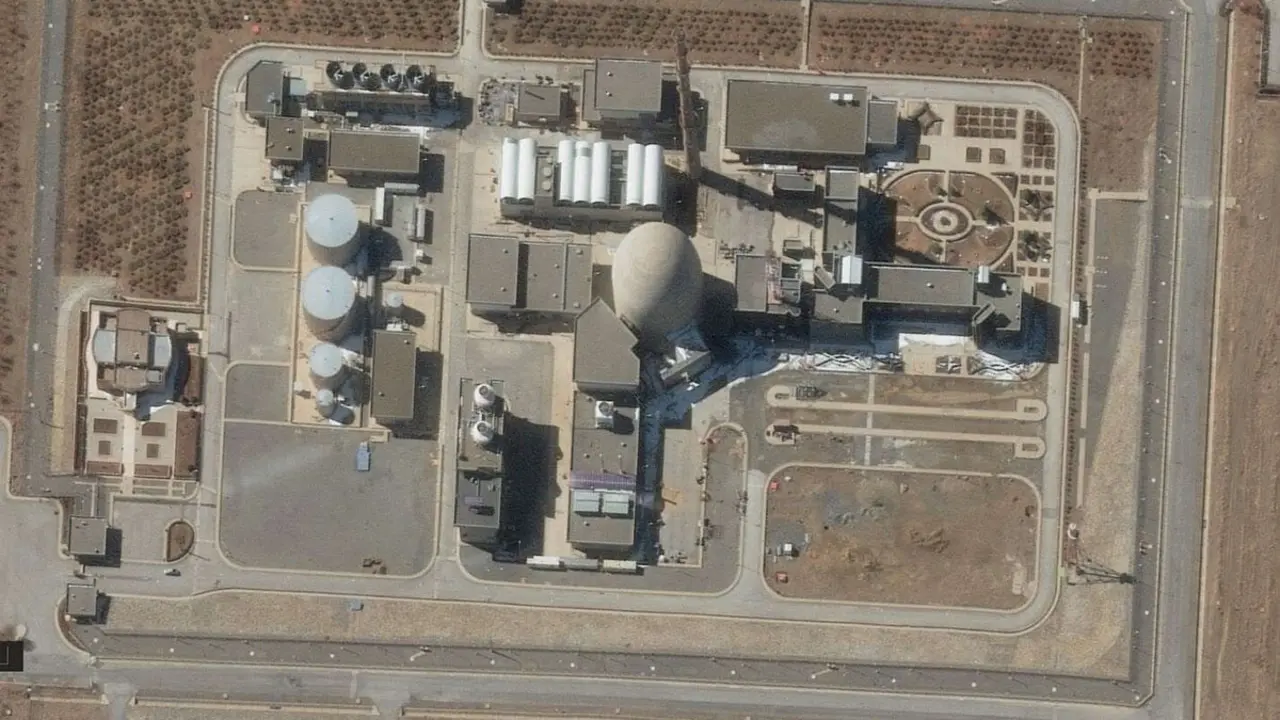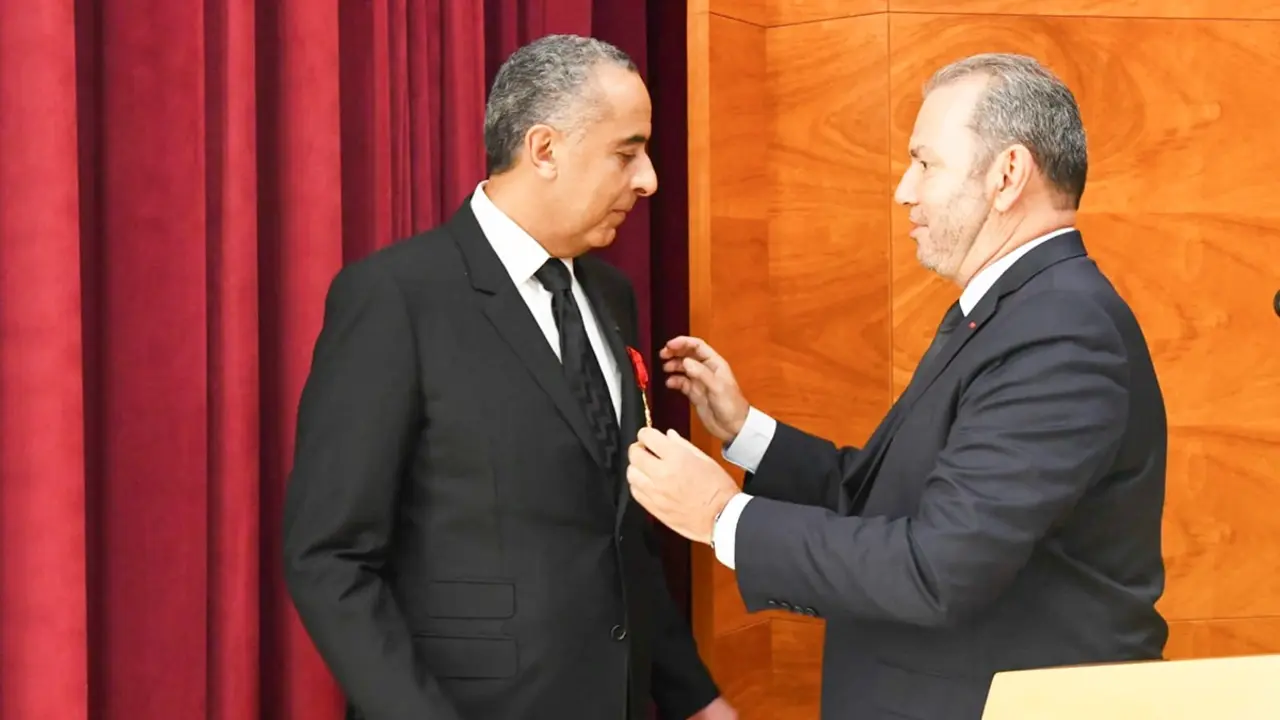Netanyahu's Likud sinks in the polls

The management of the pandemic and the accusations of corruption against the prime minister, Benjamin Netanyahu, are affecting his party, the Likud, which has gone from a forecast of 41 seats to one of 26 in the opinion polls in five months.
A study by the Midgam Institute, which has been picked up by the Israeli press in the last few hours, shows the lowest figures for Likud's intention to vote in the past two years and places its rival, the Yamina party of the right-wing Naftali Benet, just three seats away.
Yesh Atid-Telem, led by Yair Lapid, now head of the opposition, would take 18 seats, the Arab United List would retain its current 15 and Blue and White (of Benny Gantz, the current government partner) and the ultra-orthodox Shas would take nine each.
The ultra-orthodox Ashkenazi United Torah Judaism party and the right-wing Israel Our Home would each have eight seats and the pacifist Meretz would get five, according to the survey, which has a 4.4% margin of error.
With results like these, neither the right-wing bloc with the ultra-orthodox nor that of the centre-left with the Arab list would achieve the majority needed to govern, as occurred in the last three elections.
"The assessment is that, with these numbers, which continue a five-month trend, Netanyahu will avoid having elections. He may wait until the end of December in the hope that the number of patients (with coronaviruses) will have dropped and the number of Benet seats will fall with them", analysed the digital news channel N12.
The survey also shows that 49 percent of Israelis want elections to be held, while only 30 percent support the continuation of the current executive, led by Netanyahu and Gantz, who have joined together in a government coalition after three elections in a year and a half.
The management of the first wave of the pandemic was good and Netanyahu even stated that leaders from all over the world were calling on him for advice to address the situation in their countries, but the de-escalation was rapid, the situation got out of control and the second wave has hit Israel hard, placing it among the most morbid in the world.
Sixty-five percent of respondents say Netanyahu's response to the coronavirus has been "poor", compared to 31 percent who believe it has been good. The Minister of Health, Yuli Edelstein, also receives the criticism of 52% and only 30% believe that he is doing a good job.
The commentator Amnon Abramovitch points out in the N12 that "the Prime Minister has lost nearly 40% of his strength in just five months", which he attributes to the fact that the public believes that he is managing the pandemic "through a political-personal prism".
The discontent was evident last night in the streets, where more than 1,000 protests were recorded throughout the country calling for Netanyahu's resignation, and this despite the restrictions on demonstrations and gatherings of people.
These are limited to groups of 20, separated by two metres, wearing masks and whose participants are less than 1,000 metres from their homes. A controversial restriction that should have expired already, but which the government has decided to extend for another week.








